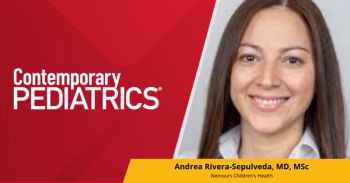
Hypoxia in pregnancy may be cause for ADHD
Children exposed to ischemic-hypoxic events in utero are at increased risk of developing attention-deficit/hyperactivity disorder (ADHD), especially those born prematurely. The findings add to growing evidence that both prenatal and postnatal factors affect neurodevelopment.
Children exposed to ischemic-hypoxic events in utero are at increased risk of developing attention-deficit/hyperactivity disorder (ADHD), especially those born prematurely. The findings add to growing evidence that both prenatal and postnatal factors affect neurodevelopment.
The case-control
Among children aged 5 to 11 years diagnosed with ADHD, exposure to ischemic-hypoxic events during pregnancy such as preeclampsia, birth asphyxia, and respiratory distress syndrome accounted for 34%, 26%, and 47%, respectively, higher risk for developing ADHD than children who were not exposed to hypoxic events in utero. The association was strongest for children born preterm at 28 to 33 weeks.
The increased risk was the same across all racial and ethnic groups; however, boys were 3 times more frequently diagnosed with ADHD than girls. Also, preeclampsia remained a significant predictor for ADHD after adjusting for gestational age at delivery.
The researchers admit that although ischemic-hypoxic events have adverse effects on fetal brain development, it is unknown whether these conditions lead to the development of ADHD, and this study should not be considered as evidence of a causal link. However, their findings suggest that such events in pregnancy contribute to the etiology of ADHD over and above family and genetic influences.
Newsletter
Access practical, evidence-based guidance to support better care for our youngest patients. Join our email list for the latest clinical updates.








